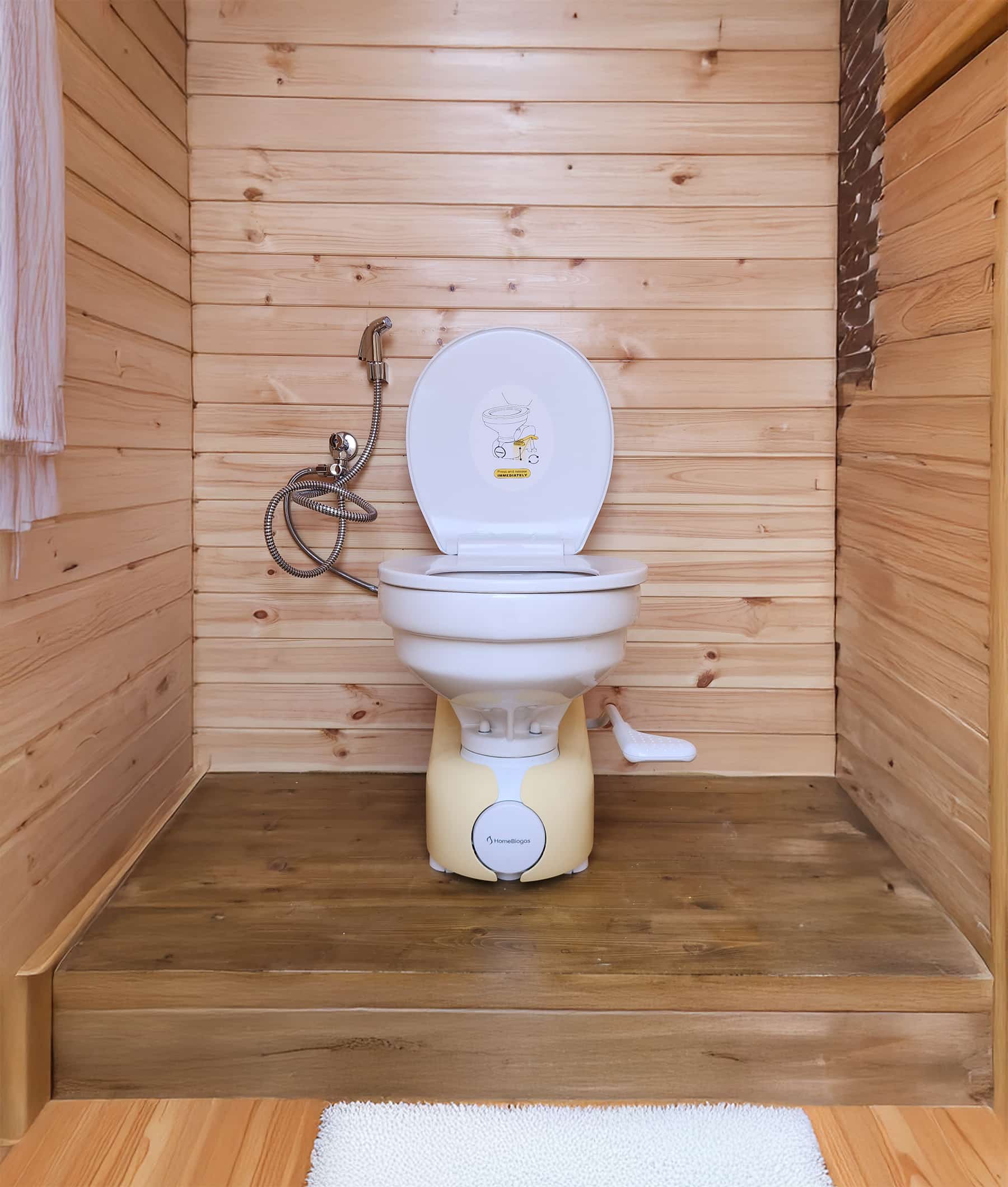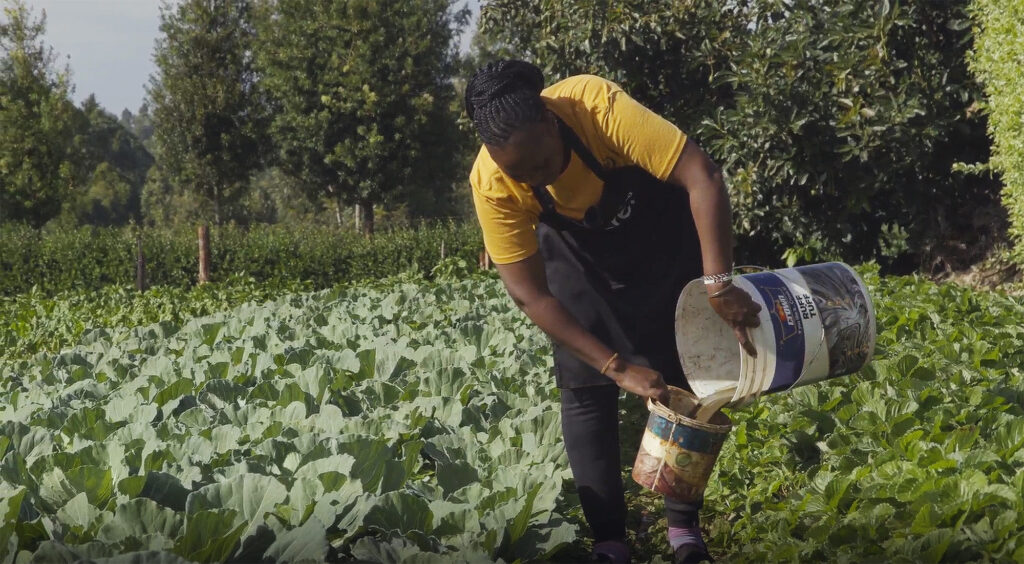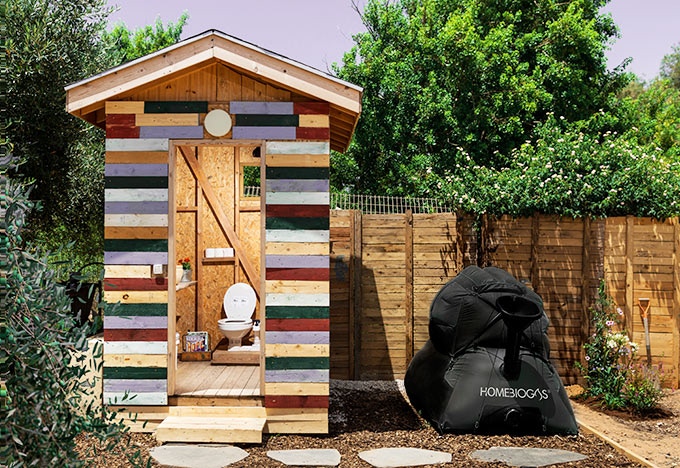
THE IMPORTANCE OF TOILETS
Since 2013, the UN has declared November 19th as World Toilet Day. Toilets save lives, and that is not an understatement. 3.6 billion people worldwide do not have toilets, and this harsh reality jeopardizes their health. In addition, the lack of toilets creates poor sanitation that pollutes our soil, freshwater reserves and groundwater. This is nothing less than tragic. In fact, it is a global crisis.
The UN’s SGD 6.2 marks 2030 as the year in which all of the world’s population should have toilets. As of 2022, this is not the case. Not even close. In fact, the number of people all over the world who get sick and even die from exposure to unsafe water, sanitation and poor hygiene is staggering. To create a more sustainable and healthy future for everyone on the planet, we need toilets. Toilets are a valuable sanitation infrastructure that everyone should be able to benefit from. It’s that simple.
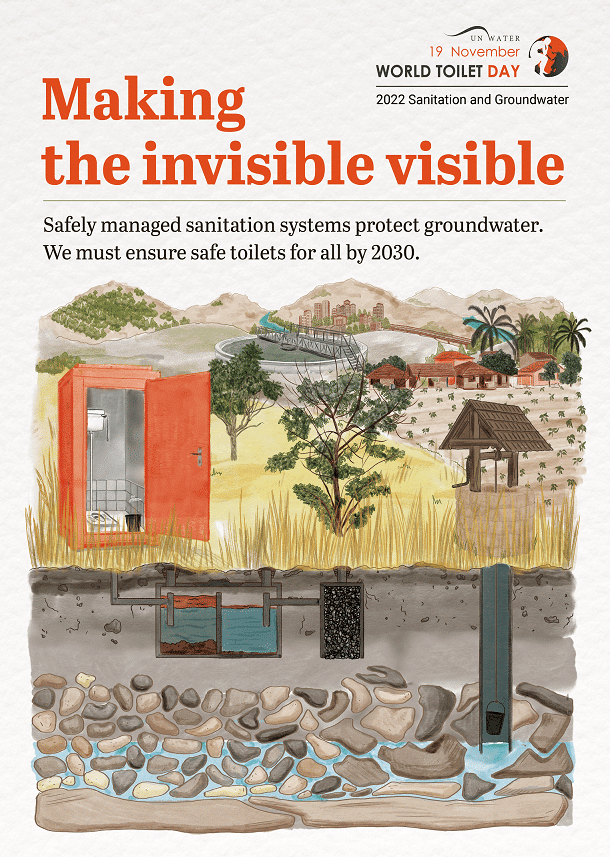
On the UN website it is written:” We must work on average four times faster to ensure everyone has a safe toilet by 2030. The connection between sanitation and groundwat er cannot be overlooked. Time is running out. We must make the invisible visible”
HOMEBIOGAS LOOKS AHEAD TO 2030
To HomeBiogas, World Toilet Day is a day of significant importance. This day raises awareness of the value of toilets, both on the grid and off. HomeBiogas systems are fully aligned with the UN’s 2030 Sustainable Development Goals. As of today, nearly 6,000 families in Africa and Asia use our systems, which provide them with over 6,400,000 hours of clean energy used for cooking.
We can’t discuss World Toilet Day without mentioning our bio-toilet systems. Our bio-toilets relies on an anaerobic system to transform waste into renewable energy. This is a great solution for people and families who are cut off from sewage systems or water grids. Our bio-toilets not only provide a sanitation solution, but also transforms waste into clean energy.
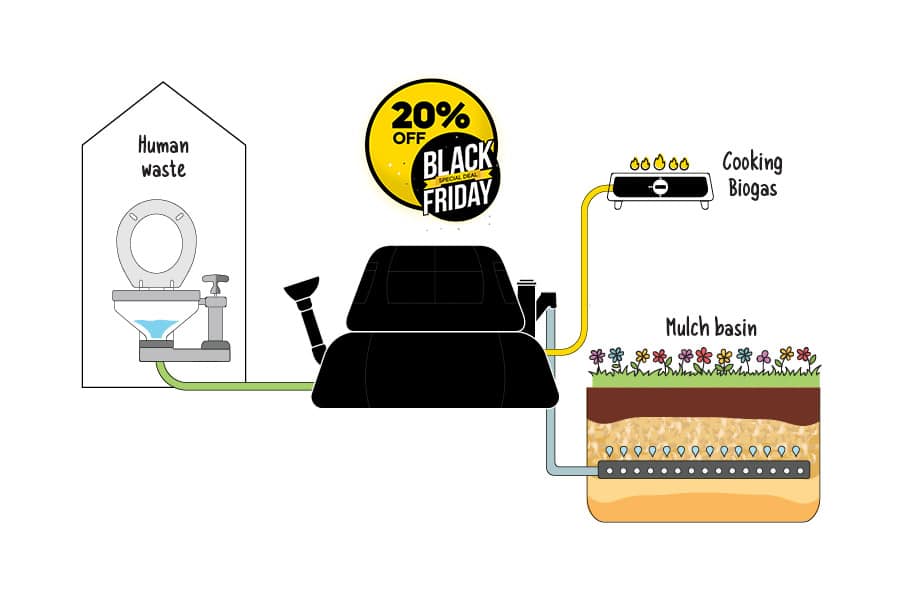
HUMANURE WITH A PURPOSE
We know that toilet talk and food discussions usually don’t go hand-in-hand. But our bio-toilets are here to change that. Our hygienic and eco-friendly bio-toilets transform human waste into clean energy that can be used for cooking. So, the next time someone compliments you on your cooking, don’t be shy and say that everything starts in the bathroom!
In addition, our toilet also saves water, using only 1.2 liters per flush. Just compare this to the average 9 liters per flush that conventional toilets use. What a difference!

ACT NOW. GET A BIO-TOILET!
HomeBiogas offers the world’s citizens accessible solutions that address their basic everyday needs. Just imagine a toilet solution that transforms your waste into an eco-friendly resource. We’re here to turn the imagination into reality. Check out our HomeBiogas Bio-Toilet kits, and find the solution that’s right for you!


